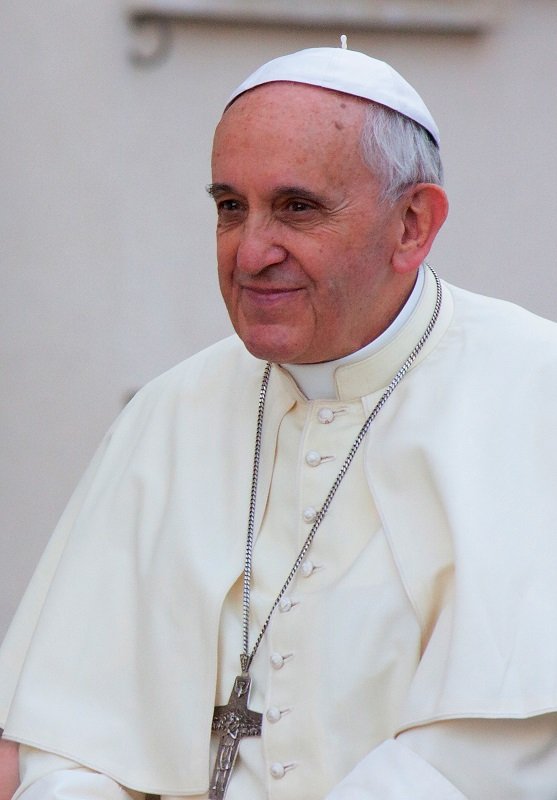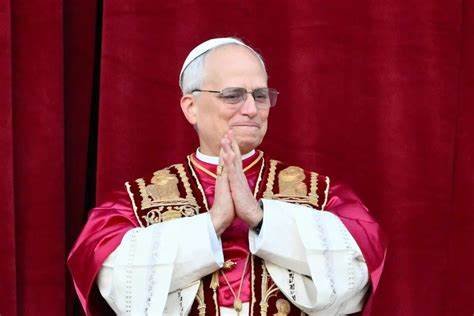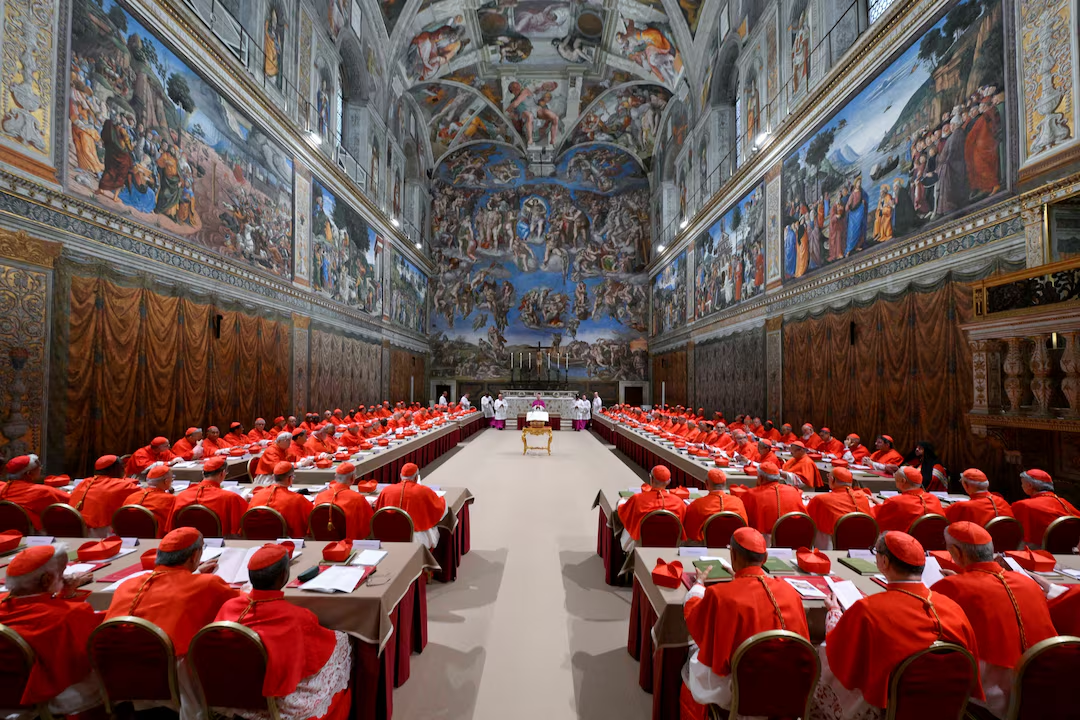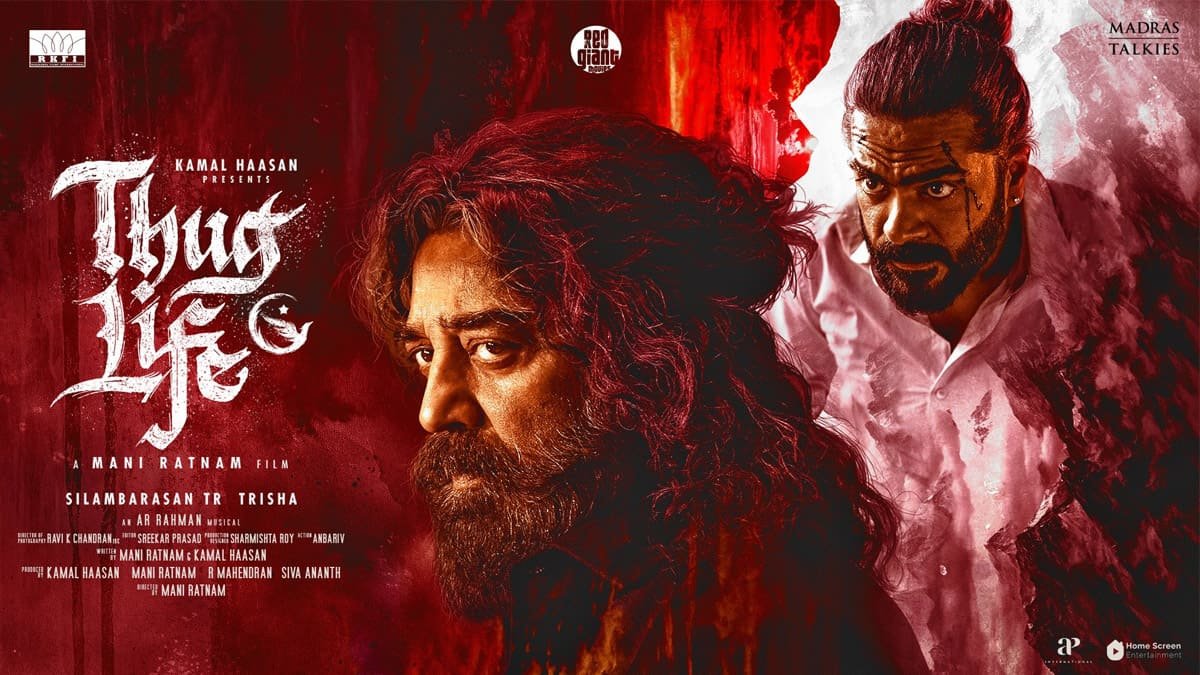
Pope Francis, born Jorge Mario Bergoglio on December 17, 1936, in Buenos Aires, Argentina, emerged as one of the most influential and beloved leaders in modern Catholic history.
His life was marked by humility, deep spirituality, progressive reforms, and a global message of compassion and unity.
As the first pope from the Americas, the first Jesuit pope, and the first non-European pontiff in over 1,200 years, Pope Francis brought a fresh perspective to the Vatican.

Pope Francis Early Life and Vocation
Raised in a working-class family of Italian immigrants, young Jorge Bergoglio experienced a modest upbringing. He studied chemistry before feeling a strong call to religious life.
He joined the Society of Jesus (Jesuits) in 1958 and was ordained a priest in 1969. His Jesuit background deeply influenced his commitment to education, social justice, and service to the marginalized.
Bergoglio became Archbishop of Buenos Aires in 1998, where he gained a reputation for simplicity, often seen riding the bus and living in a modest apartment instead of the official bishop’s palace.
He prioritized outreach to the poor and the disenfranchised, consistently preaching mercy and humility.
Pope Francis Papacy and Global Leadership
On March 13, 2013, Jorge Mario Bergoglio was elected as the 266th pope of the Roman Catholic Church, taking the name Francis after St. Francis of Assisi—a symbol of peace, humility, and care for creation.
From the beginning of his papacy, Pope Francis stood out. He declined many traditional papal privileges and chose simpler garments, reflecting his commitment to humility and service.
His messages consistently focused on issues such as poverty, climate change, migration, and interfaith dialogue. He challenged both the Church and global leaders to adopt more inclusive and compassionate policies.
Under his leadership, the Church took steps toward addressing internal scandals, including sexual abuse cases, and promoting transparency.
While facing criticism from some conservative factions, Pope Francis remained committed to a Church “that is poor and for the poor.”
Pope Francis A Global Voice for Peace and Justice
Pope Francis became an international moral authority, known for his powerful encyclicals like Laudato Si’, which addressed environmental stewardship, and Fratelli Tutti, which emphasized human fraternity and social friendship.
He visited conflict zones, refugee camps, and nations divided by war, promoting peace, forgiveness, and unity.
He was the first pope to visit the Arabian Peninsula, breaking historic barriers with his 2019 trip to the United Arab Emirates.
His efforts to engage other religions, especially Islam and Judaism, strengthened the Vatican’s interfaith dialogue initiatives.
Pope Francis Final Years and Passing
In his later years, Pope Francis struggled with various health issues, including knee problems and surgery. Despite declining mobility, he continued to lead with vigor, making international trips and advocating for justice on global platforms.
Pope Francis passed away peacefully at the age of 88 in the Vatican, surrounded by close aides and clergy. His death marked the end of a transformative era in the Catholic Church.
Global Mourning and Enduring Legacy
The world mourned his passing with immense grief and respect. Leaders from all faiths and countries paid tribute to his profound impact. Vigils and masses were held across the globe to honor his legacy.
Pope Francis leaves behind a legacy defined by humility, mercy, and bold reform. He will be remembered not only as a spiritual leader but also as a humanitarian who sought to bridge divides and uplift the forgotten.
His life story will continue to inspire millions to live with empathy, courage, and faith.
Read more news here.
Read more interesting blog here.








